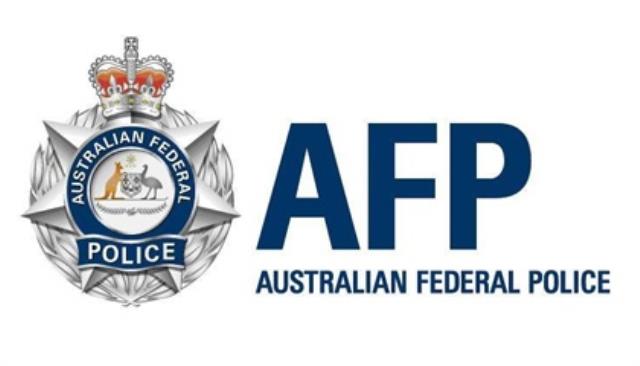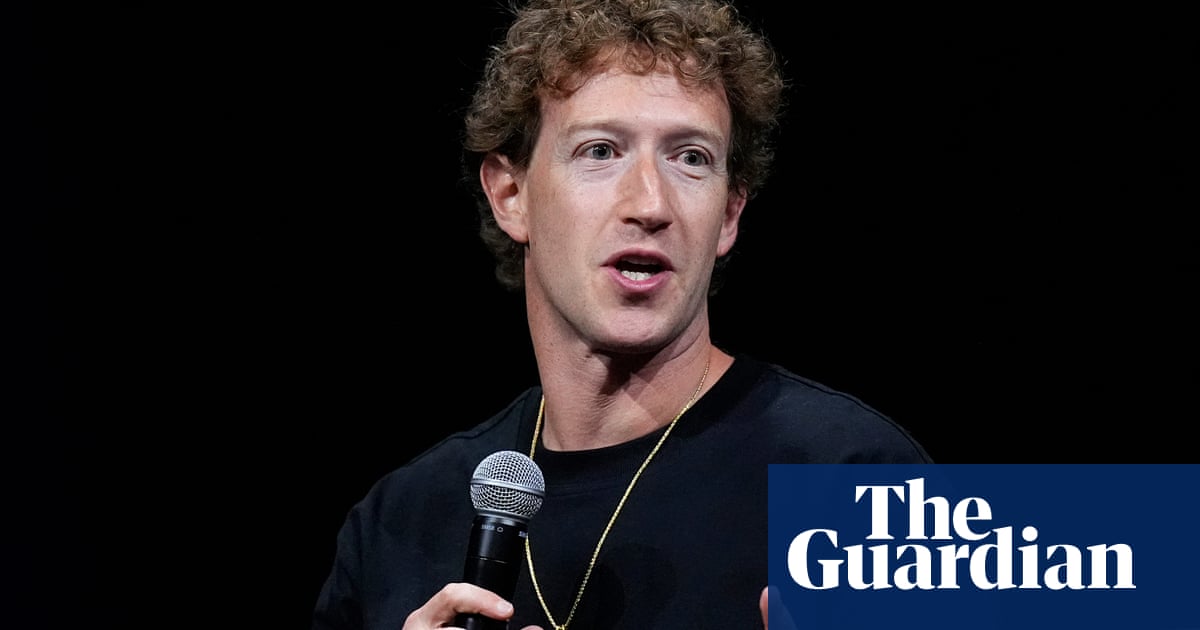How Australia’s Big Tech news ‘incentive’ will work

- by Admin
- December 12, 2024

Facebook, Google and TikTok parent companies will be charged penalties if they fail to strike new commercial agreements with news publishers under a scheme announced by the Albanese government on Wednesday to support journalism.
The scheme will apply from January to large platform companies that operate significant social media or search services, even if they do not carry news content.
Several details need to be developed, but the government says if platform giants do not sign deals with publishers, it will force them to pay a charge through the tax system, which would then be distributed to media companies.
The threat of a charge – the government’s strong preference is for deals rather than raising revenue and redistribution – comes after negotiations on new agreements to replace current agreements worth around $200 million annually fell apart.
Platform companies that do sign these agreements will be able to offset their liability, which will be determined through consultations early next year, up to the full amount.
The earlier deals have pumped around $600 million into traditional media and the government is positioning its News Media Bargaining Incentive and a driver of journalism.
It is a clever solution to reignite the stalled negotiations and removes Meta’s option to simply remove news content to avoid the current News Media Bargaining Code, University of Sydney Senior Research Associate Rob Nicholls said.
“In principle, this should work well. There isn’t very much detail… But I don’t think this is terribly difficult to implement,” he told InnovationAus.com.
How it works
Starting in January, the government will impose a liability through the tax system on social media and search companies with at least $250 million in local revenue from those services.
The government expects this will include Meta, Alphabet and Byte Dance initially but the scheme could expand to others like Apple or Microsoft if they are found to meet the threshold.
The liability amount is yet to be determined but is intended to reflect the value of previous deals Meta and Google struck with publishers in 2021, reportedly around $200 million.
The liability will actually be slightly more than the deals value to incentivise the companies to strike new agreements rather than simply pay the charge. Smaller deals could reduce the liability.
If the companies do not strike the agreements, the charge will be applied each year and then redistributed to media companies. The estimated value of the deals will be determined next year through consultation, as will the additional percentage gap on the liability.
The scheme has been dubbed the News Media Bargaining Incentive by the Albanese government, which says it is intended to drive new deals rather than raise and redistribute revenue.
“Digital platforms receive huge financial benefits from Australia, and they have a social and economic responsibility to contribute to Australians’ access to quality journalism,” Assistant Treasurer Stephen Jones said.
“This approach strengthens the existing code by addressing loopholes that could see platforms circumvent their responsibility to pay.”
The government has flagged more details like a way to stop the companies signing only one large deal with a single publisher to meet the liability will also be developed.
A consultation paper is expected early next year, but the scheme begins in January. The approach is typical for changes to tax settings to avoid companies getting a jump on reforms.
Changing circumstances
In March, Meta flagged it would not renew its expiring deals with Australian publishers next year, arguing news content was not a driver for users or engagement on its platforms like Facebook and Instagram.
It said the News Media Bargaining Code established in 2021 did not reflect the economics of its platforms. At the time it briefly removed news content altogether and the company this year threatened to do it again to avoid the current code.
That option is now gone, Dr Nichols said.
“The walk away isn’t the walk away that Meta has done in the past, either in Australia in 2021 or in Canada last year,” he said.
“The option is 1734121183 walk out of Australia, and that’s leaving a lot of money on the table… Making them subject to a charge is, essentially, it’s part of the cost of doing business in Australia. And Australia is a really good place for selling advertising on Facebook and Instagram and to a lesser extent on WhatsApp.”
A Meta spokesperson on Wednesday said the government has recognised flaws in the current regulation but it remains concerned “about charging one industry to subsidise another”.
“The proposal fails to account for the realities of how our platforms work, specifically that most people don’t come to our platforms for news content and that news publishers voluntarily choose to post content on our platforms because they receive value from doing so,” the spokesperson said.
According to Meta, news represents less than three per cent of the content on its platforms.
The three per cent figure only applies to posts with a link to a news site and is based on global data, with some experts doubting if it is a consistent experience in Australia.
The University of Canberra found one quarter of Australians now rely on social media as their main source of news, particularly Facebook (32 per cent), and young people and women use it the most.
Google Australia, which has struck around 80 publisher deals since the original code, said the new proposal fails to capture the changing sources of news and will threaten its deals.
“As many have noted, Australians are increasingly turning to a range of platforms, such as Microsoft, Snapchat and Apple, for news content and this shift in consumption should be reflected in any proposed measure, a Google spokesperson said.
“The Government’s introduction of a targeted tax risks the ongoing viability of commercial deals with news publishers in Australia. We are reviewing today’s announcement and will have more to say once we’ve assessed the full impact.”
A TikTok spokesperson distanced its platform from news.
“As an entertainment platform, TikTok has never been the go to place for news,” the spokesperson said. “We will actively engage in the consultation process and look forward to hearing more details.”
The News Media Bargaining Incentive is the latest move on big tech companies by the Albanese government, which has also introduced privacy law reforms, a digital competition regime and multinational tax rules.
Do you know more? Contact James Riley via Email.
The Latest News
-
December 25, 2024Sam Konstas is the right player at the right time for Australia. Here’s why
-
December 25, 2024Christmas at the ‘G! Aussie stars and family lap up big day
-
December 25, 2024‘They’re the idiots who picked me’: Aussie skipper’s hilarious message to relieve pressure on new opening sensation
-
December 25, 2024Aussie path to Champions Trophy glory begins with Ashes clash as schedule revealed
-
December 24, 2024‘Good to go’: Head’s cheeky injury jab as ‘unbelievable’ Aussie run machine gets green light





